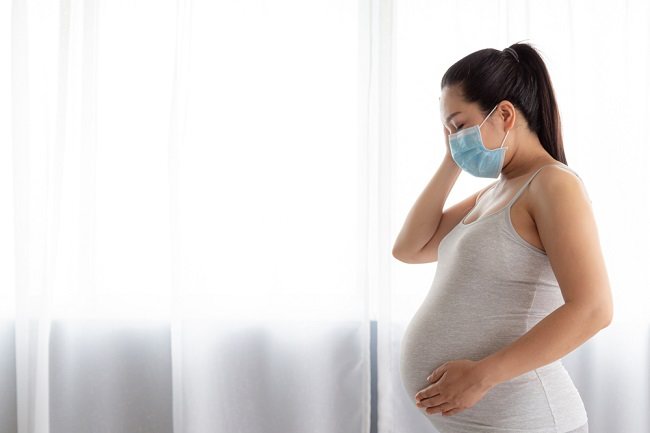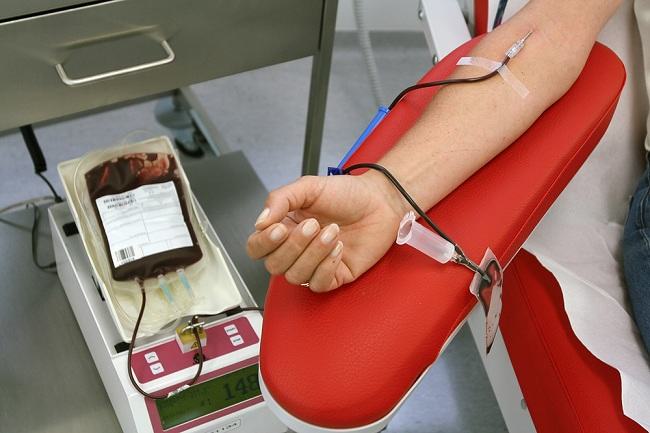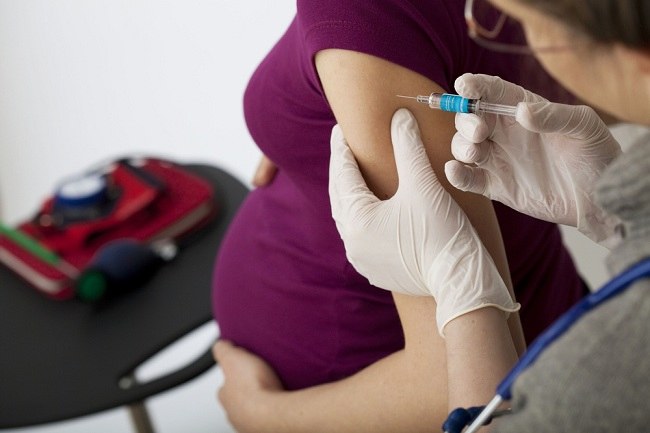Hepatitis B vaccination is one of the mandatory immunization programs given to newborns and adults who have never received it. It is important to give the hepatitis B vaccine to prevent hepatitis B.
Hepatitis B is an infection of the liver or liver caused by the hepatitis B virus (HBV). This disease can be acute or last for several months, but it can also become chronic or persist for years.

If not treated immediately, hepatitis B can cause complications and severe disorders of the liver, such as liver cancer and cirrhosis. Hepatitis B virus transmission can be prevented through hepatitis B vaccination.
Hepatitis B Vaccination Recommendations
Hepatitis B vaccination is recommended for newborns and at the age of 18 months. In addition, the hepatitis B vaccine also needs to be given to adults, especially those who have risk factors for getting hepatitis B, such as:
- Have a partner who has hepatitis B
- Suffering from certain diseases, such as liver disease, chronic kidney disease, diabetes, and HIV
- Have a risk of contact with blood, urine, or feces of people with hepatitis B, for example medical workers, including doctors, nurses, midwives, and laboratory workers
- Sharing needles with other people
- Undergo risky sexual behavior and change sexual partners frequently
- Having same-sex sex
In addition, children and adolescents aged less than 19 years who have never been vaccinated against hepatitis B also need to get the vaccine immediately.
To get the hepatitis B vaccine, you can visit the vaccination clinic or the nearest hospital.
Hepatitis B Vaccination Dosage and Schedule
The dose and schedule for hepatitis B vaccination in children and adults is slightly different. The following is the dose and schedule for the hepatitis B vaccine according to age:
Children
Based on the recommendation of the immunization schedule from the Indonesian Pediatrician Association (IDAI), the hepatitis B vaccine should be given 4 times to infants and children. The schedule for the first hepatitis B vaccination is done when the baby is born and the next three doses are given when the baby is 2, 3, and 4 months old.
After that, the baby needs to get hepatitis B immunization again (booster) when he was 18 months old. If the baby is sick, the vaccination should be postponed. You can consult with your pediatrician to determine a follow-up hepatitis B vaccination schedule.
Mature
Adults who have never been vaccinated against hepatitis B as children are advised to get vaccinated immediately.
The schedule and dose of hepatitis B vaccine for adults was carried out 3 times, with the second dose given 1 month after the first dose and the third dose 5 months after the second dose.
After that, adults also need to get a dose of the hepatitis B vaccine booster which is usually given 5 years after the third dose.
Hepatitis B vaccination can prevent transmission of the hepatitis B virus and is generally safe to administer. However, some people may experience mild reactions or side effects after giving the vaccine, such as fever, pain at the injection site, and headache.
In certain cases, giving the hepatitis B vaccine can also cause allergic reactions, such as itching, skin rashes, and shortness of breath. However, this kind of reaction is very rare with hepatitis B vaccine.
Hepatitis B vaccination is one of the mandatory vaccination programs that need to be given to children along with other immunizations, such as BCG, polio, DPT-HB, and measles. Vaccination can be done at vaccination clinics, hospitals, posyandu, and health centers.
If you or your child wants to get vaccinated against hepatitis B, talk to your doctor about a schedule for the vaccine.









